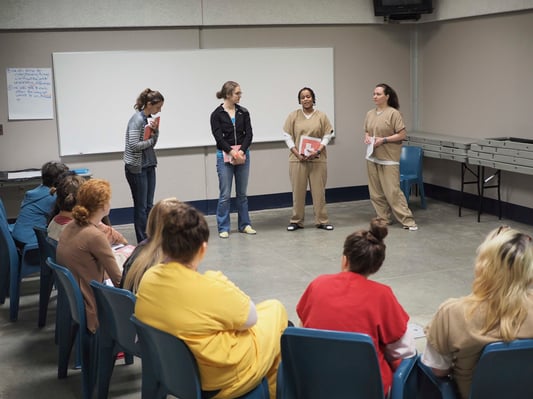Feeling Versus Thoughts
An important aspect of thinking rationally is to know the difference between a “feeling” and a “thought”.
Sound simple?
For many it’s not.
Next time someone asks you “how you feel about something”, take notice whether you answer in basically one word. If not, you most likely are relating what you think.
An example: How do you feel about pollution?
Bet you start to say something like “it is devastating our planet”… but now that is a thought or belief, not a feeling. To relate a feeling about that question would be to answer, “I feel worried” or “I feel angry”.
The contrary can be true also where one gives a feeling when asked what they think.
So to “beef up” your ABC’s and other rational thinking … Practice differentiating between Thoughts and Feelings!
A Common Misconception
In my experience of conveying the principals of REBT and SMART, I have repeatedly come across the argument “That we are trying to eliminate emotional responses to situations… That Emotions are a ‘Bad’ thing.” Quite the contrary!
The first effort I took was to get COMPLETELY in touch with my emotions. It was important for me to have a complete and clear appreciation for what I WAS feeling and differentiate between what was a Thought and what was a Feeling. The quote “negative” emotions are the “Warning Signs” that the mind/body gives to alert to problems in life, real or imagined. By tuning my awareness to these IMPORTANT emotional alerts, I became more in tune with My reality.
In doing this I discovered that I was actually limited in my emotional responses to situations. By rational perspective of situational events and a broader selection of emotions, I am able to experience the APROPRIATE emotion for a given situation.
To some the initial “feel” is that emotions were eliminated. Before, the emotions were few but INTENSE. After, they are less intense, varied and appropriate. Therefore, it may “seem” like emotions are eliminated by comparison. There are few things in life that DEMAND an INTENSE emotional reaction. These efforts in no way eliminated emotions. I have, in fact, Broadened and Enhanced my emotional repertoire.
Something to Think About
For many, addiction in whatever form it takes, is a matter of Coping. One of the coping difficulties may be centered on emotions. In the process of “getting to know” your feelings, the developing coping skill is put to the test. This is inevitable. The two go hand-in-hand. We find ourselves actively pursuing the very thing that for years we have been addictively avoiding.
Anticipate that it “Just Might” be uncomfortable at times. Remember, have patience, persevere but don’t push. Each day, each month, will provide ample opportunity to Grow. Take reward in each step taken.
5/31 FAQs:
Does the closing of SROL mean that there will be no more online meetings?
Not at all! In fact, we have over 500 online meetings available on SMARTfinder waiting to provide support and connection. The only meetings impacted by this change are the 42 that required SROL registration to participate, and those meetings can transition to SMARTfinder if they want to.
Will the SMART Recovery website and its resources still exist?
Absolutely! The valuable resources available on the website, including our Toolbox, will remain available after June 30th.
How will this change impact my local meeting?
With the closure of SROL, more participants may now discover local meetings through SMARTfinder. As a result, you may witness an increase in attendance. Hopefully, this will provide a fresh source of support and connection for your local recovery community.
How will participants build community without SROL?
Building a community of self-empowerment remains at the core of SMART Recovery. Central to that community has always been our meetings, both in-person and online. Volunteers and participants may choose to explore SMART-inspired communities of connection on other platforms to reinforce what they learn in meetings. Such communities exist on reddit (https://www.reddit.com/r/SMARTRecovery/) , Facebook, and Discord, to name a few options
As a local volunteer, how can I help?
As we work to transition our SROL meetings to SMARTfinder, we need additional co-facilitators. The role of co-facilitator in a national meeting is to provide support to both the facilitator and the participants, not to lead the meeting. If you are interested in helping out or just want to learn more, please fill out this form.
Get Started Right Now!
If you’re feeling the negative effects of addiction, why wait to make changes? Get started with SMART Recovery by watching our instructional videos and slides, and find how quickly you can Discover the Power of Choice!
I want to get started now!

